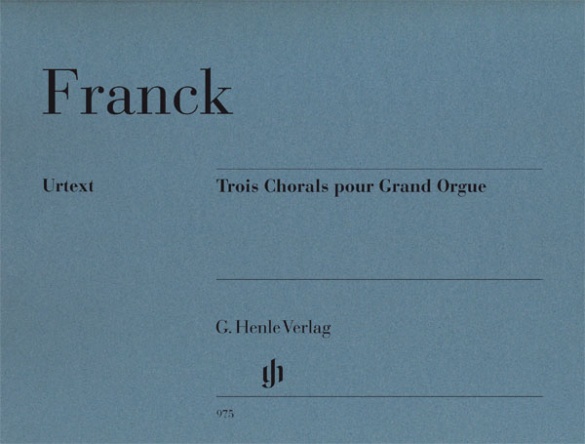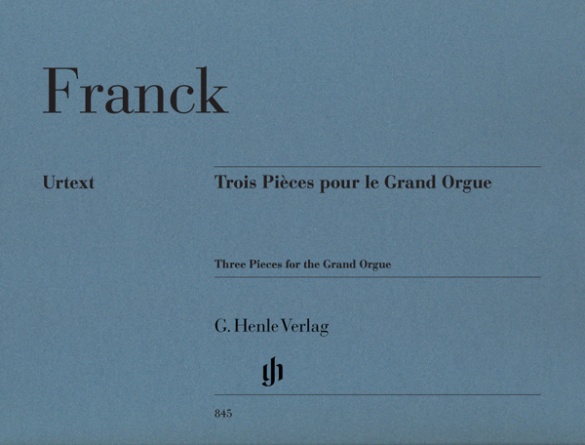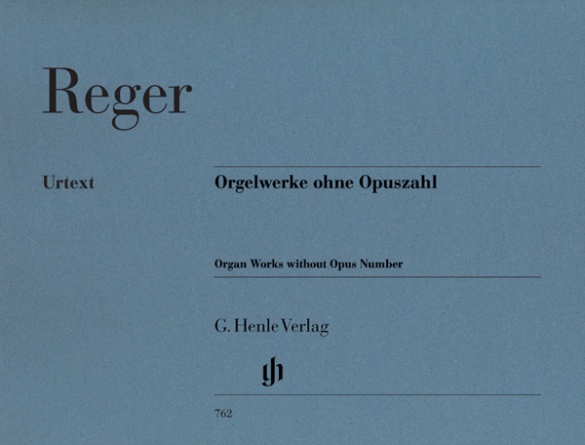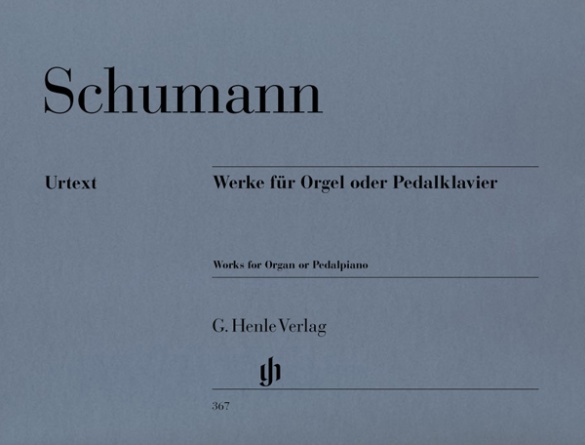César Franck
Trois Chorals pour Grand Orgue
>After being involved in a road accident in May 1890, Franck died at the beginning of November 1890. He had probably already begun work on the Trois Chorals before his accident, in 1889. Yet we know that their completion was delayed until autumn 1890. Franck was no longer able to oversee the printing process for the first edition, which only appeared in 1892. Our Urtext edition takes two previously unknown autographs of the 1st and 3rd chorales into account for the first time and is thus able to supply a reliable musical text beyond the first edition, based on a sound evaluation of the sources.
内容/詳細
作曲家について
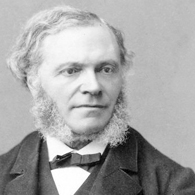
César Franck
Famous organist and composer who exerted a lasting influence on French music of the fin-de-siècle both through his works and especially as a teacher.
| 1822 | Born in Liège on December 10. |
| 1831 | Instruction in piano, organ, and composition at the Royal Conservatory of Liège. |
| 1835 | First stay in Paris, lessons with Reicha, among others. |
| 1837–42 | Studies at the Conservatoire de Paris. |
| 1839–42 | “3 Trios concertants,” Op. 1, in the first of which he employs the cyclic technique typical both of his later works and of French symphonic music of the 1880s. |
| 1843 | Concert tour through Belgium and Germany. |
| 1845 | Premiere of his oratorio “Ruth.” |
| 1847 | He becomes organist at Notre-Dame-de-Lorette |
| 1852–70 | He teaches at various institutions. |
| from 1857 | Organist at Sainte-Clotilde, location of one of the famous Cavaillé Coll organs. Composition of sacred works; 1856–65, “6 Pièces” for organ. |
| 1861 | Member of the Société académique de musique sacrée (Academic Sacred Music Society). |
| 1869–79 | Composes oratorio “Les Béatitudes.” |
| 1871 | Founding member of the Société nationale de musique. |
| 1872 | Teaches an organ class at the Conservatoire. Among his most famous pupils are Duparc, Chausson, and d’Indy, whose Course in Musical Composition (1906) is based on Franck’s compositional and formal principles. |
| 1881–88 | Genesis of the symphonic poems “Le Chasseur maudit” (“The Accursed Huntsman”), “Les Djinns,” “Psyché.” |
| 1878 | Premiere of his “3 Pièces pour le Grand Orgue” in the monumental style. |
| 1886 | Violin Sonata in A major; president of the Société nationale de musique. |
| 1886–88 | Symphony in D minor, one of the most formative works of French symphonic music of the age. |
| 1890 | Death in Paris on November 8. |
| 1894 | Posthumous premiere in Monte Carlo of his opera “Hulda.” |
製品安全に関する情報

G. Henle Verlag
製品の製造元に関する情報はこちらでご覧いただけます。G. Henle Verlag
Forstenrieder Allee 122
81476 München
info@henle.de
www.henle.com
Dem Henle-Verlag und dem Herausgeber ist es gelungen, die Neuausgabe der Drei Choräle mit einem außerordentlich hohen Maß an Authentizität zu realisieren. Der Druck ist, wie von Henle gewohnt, von überdurchschnittlich guter Qualität. Jedem César-Franck-Liebhaber ist die Anschaffung dieses Notenbandes dringend zu empfehlen.
Ars Organi, 2014Klare Empfehlung.
Kirchenmusik im Bistum Trier, 2014De "Bemerkungen" aan het slot van deze nieuwe uitgave zijn bijzonder interessant. Winklhofer behandelt de verschillende schetsen, complete en incomplete bronnen, en legt nauwkeurig verantwoording af over de keuzes die hij gemaakt heeft.
De Orgelvriend, 2014Een uitvoerig kritisch apparaat maakt deze uitgave waardevol.
Orgelkunst, 2014Da die historisch informierte Aufführungspraxis nun dankenswerterweise auch die französische Romantik erfasst, sei diese Urtext-Ausgabe dem (text-)kritischen Interpreten anempfohlen.
Organ, 2013C'è la possibilità di rivedere questi capolavori con altri occhi.
Suonare News, 2013おすすめ
autogenerated_cross_selling
このタイトルを含む他の版
このタイトルを含む他の版


